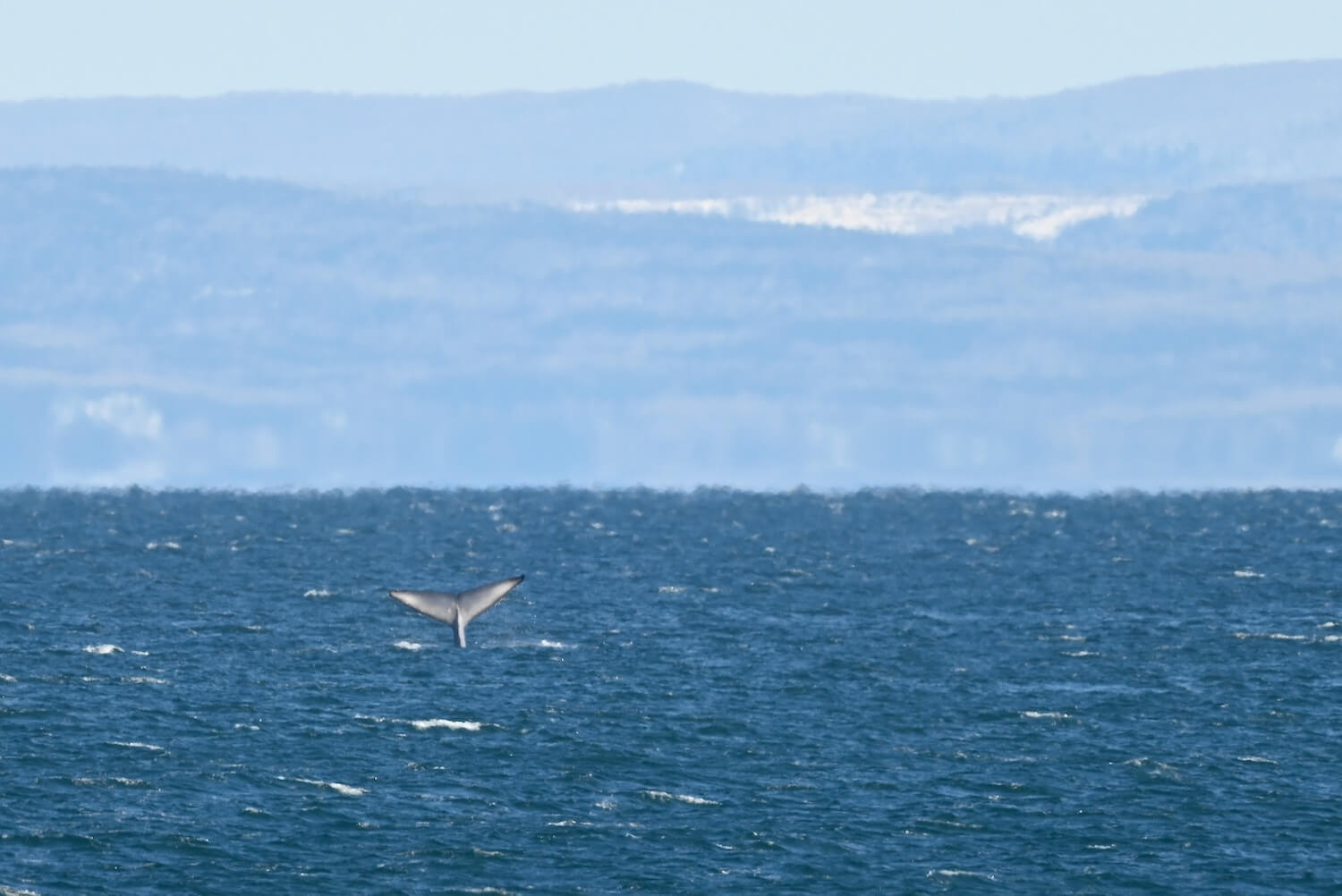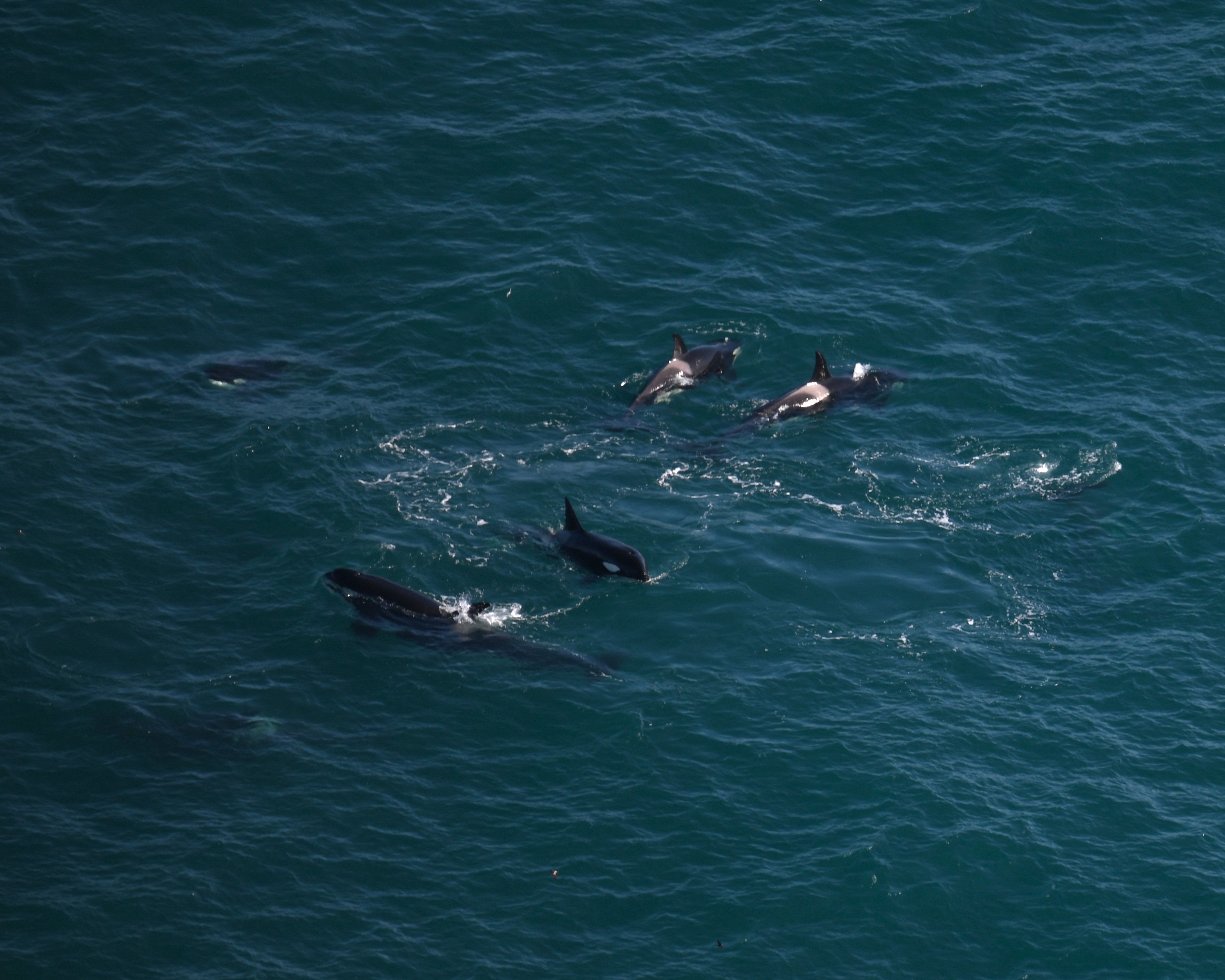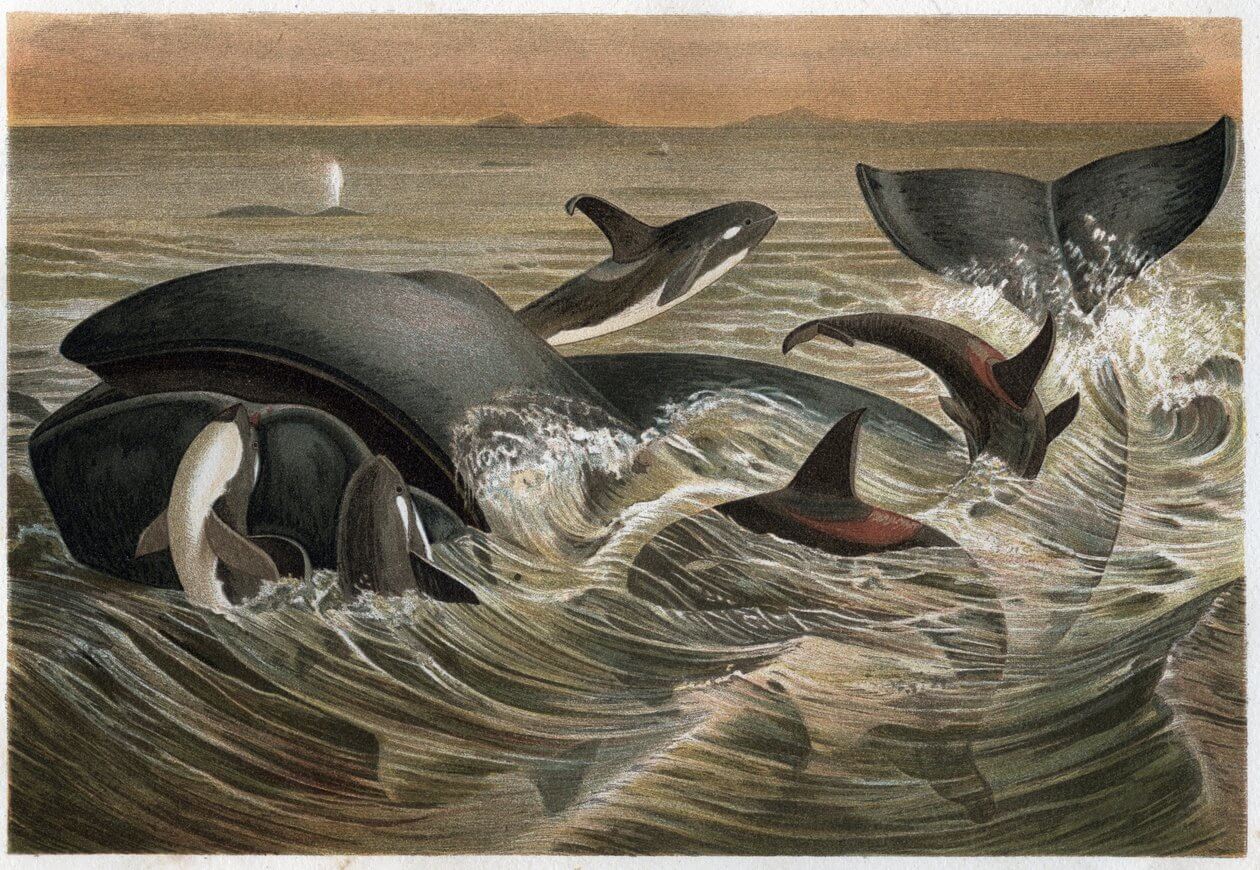Predation alone does not generally pose a threat to the sustainability of a population. It is often associated with other factors and the status of the hunted population.
Studies have found that the decline in sea otter populations in the North Pacific since the 1970s is due, among other things, to increased predation by killer whales. However, although this hunting pressure has been shown to affect the growth of local colonies, it is unclear whether it exerts a strong enough influence to have an impact on the entire population. Researchers are investigating other factors that may explain this decline, including contamination and shark predation.
The issue of the threat of killer whale predation on beluga populations in the North was raised this week in the article La présence d’épaulards dans la baie d’Hudson menace les bélugas (Radio-Canada). Taking advantage of retreating ice and a longer open-water season, killer whales are increasingly common in the region. They prey notably on resident belugas and narwhals.
Not all killer whale populations feed on marine mammals. Killer whales inhabiting the Northeast Pacific feed on salmon, for example. Those that do include marine mammals in their diet target different species – seals, porpoises, minke whales, gray whales, blue whales, etc. – depending on the population and hunting territory.





